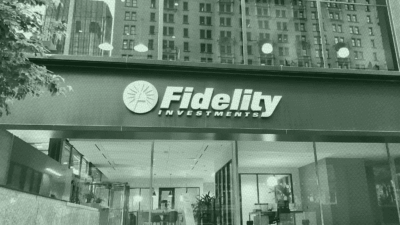Sen. Warren Blasts Advice Industry Over ‘Kickbacks’
Conflicts of interest may be costing retirement savers $5 billion a year in fixed-index annuities, an investigation found.
Sign up for market insights, wealth management practice essentials and industry updates.
Who doesn’t want a free vacation?
Sen. Elizabeth Warren, an outspoken investor advocate, ripped into the advice industry last week. Her target: some not-so-fiduciary perks that advisors allegedly receive from annuity and insurance companies for selling their products to clients. A recent investigation by her office cited incentives like a trip to Venice, a cruise down the Danube, and a week-long Australian getaway that was offered by one insurance agency. (We won’t name names, but the report does.)
“The industry’s secret kickbacks hurt consumers by incentivizing agents to sell certain products because they will earn a bigger cash bonus or fancier vacation, not because they are in their client’s best interest,” the report said. Such conflicts of interest may be costing retirement savers $5 billion a year in fixed-index annuities alone, and add up to 20% of total retirement income, the investigation found.
Europe’s Nice This Time of Year
There were at least 29 annuity and insurance companies listed in the report that allegedly offered agents “secret perks” in exchange for hawking annuity and insurance products. While these President’s Club-esque rewards have been widely criticized and minimized in the industry over the past decade, they may still play a role in what products advisors are recommending to their clients.
“Too many annuity and insurance companies offer back-door rewards … even if these financial professionals hold themselves out as trusted advisors, not salespeople,” the report said.
The research supported the Labor Department’s proposed Fiduciary Rule that would require advisors to largely act in their customers’ best interest. Facing lawsuits from firms and industry groups, the rule was halted by two federal court judges in July and may never find its way out.
Trust & Estate. It’s not all doom and gloom. Retail investors are actually trusting financial advisors now more than ever. Confidence in advisory firms has skyrocketed in recent years, with some 60% of clients saying their advisors have their best interests in mind, according to new research from Cerulli. In fact, a record 6 in 10 do-it-yourself investors are now interested in paying for professional advice. It’s a trend that’s likely to continue.
“The majority of investment professionals who honestly advise their clients are also harmed by these practices, having to compete with advisors not subject to fiduciary standards,” the Warren report found.












